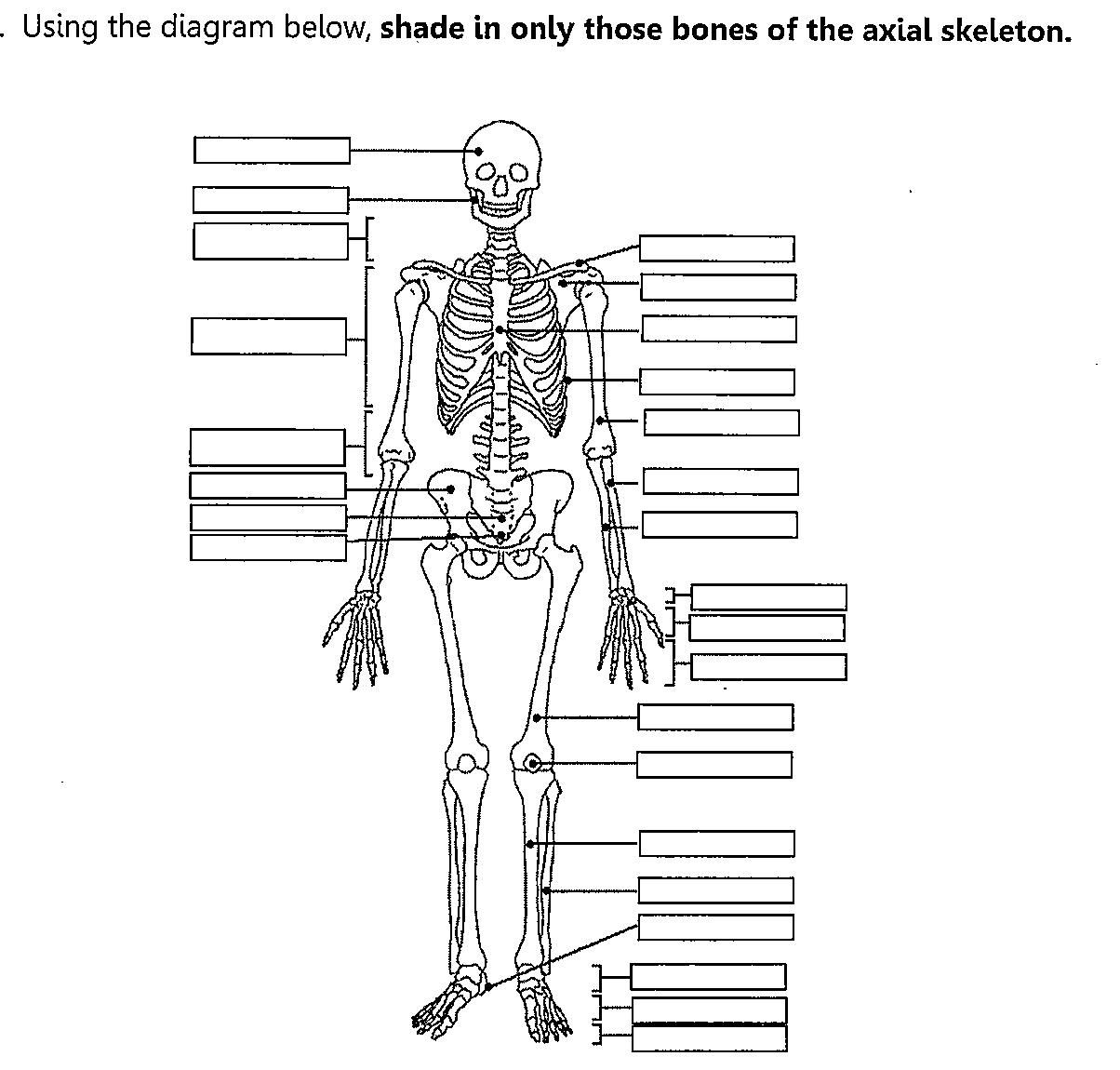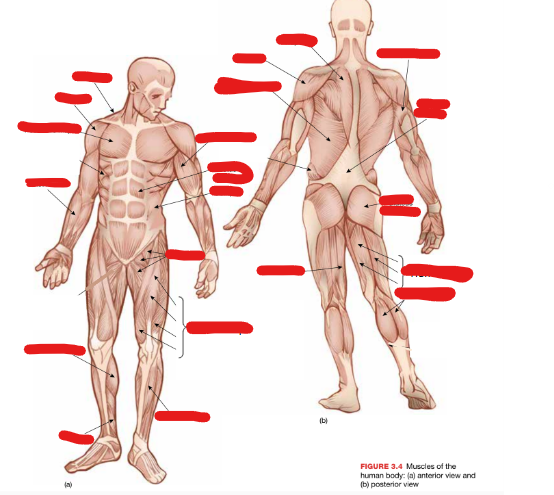Body Systems
1/16
Earn XP
Description and Tags
Health Term 2 2025
Name | Mastery | Learn | Test | Matching | Spaced |
|---|
No study sessions yet.
17 Terms
Skeletal system
The skeleton is the internal framework of the human body. It is composed of around 300 bones at birth and 206 bones by adulthood after some fuse together.

Lable the diagram (Yes/No)
Yes
What are the parts of the vertebrae and how many vertebrae are there in each section
Cervical 7
Thoracic 12
Lumbar 5
Sacrum 5
Coccyx 5
List the functions of the skeletal system.
Allows movement, shape and protection, mineral storage, production of blood cells.
Describe the skeletal function of ‘allows movement’.
The skeleton allows movement of the body. Bones provide surfaces for muscles to attach to and allow muscles to pull on them to produce movement.
Describe the skeletal function of ‘shape and protection’.
The skeleton provides the body with its shape, and also protects internal organs, reducing the impact of injuries. For example, the ribs protect the heart and lungs, the cranium protects the brain and the spine protects the spinal cord.
Describe the skeletal function of ‘mineral storage’.
Bones store minerals such as calcium, iron, potassium and phosphorus. The minerals are released into the blood when needed.
Describe the skeletal function of ‘production of blood cells.
White and red blood cells are produced in the bone marrow.
What do red and white blood cells do?
Red blood cells carry oxygen to our cells and is red because of the haemoglobin, which is a protein containing iron.
White blood cells fight off infections.
How many muscles are in the muscular system?
600

Label the muscles. (Y/N)
Y
What are the functions of the muscular system?
Create movement, posture, and heat production.
Describe the muscular function of ‘create movement’.
Muscles are responsible for our movements. Muscles pull on bones to create movement.
Describe the muscular function of ‘posture’.
Skeletal muscles provide the force needed to stabalise the body. Their flexibility and strength are key to maintaining proper posture.
Describe the muscular function of ‘heat production’.
When muscles contract, they generate heat, which is vital to maintaining our body temperature.
What is the musculoskeletal system?
The musculoskeletal system refers to the bone, ligaments, tendons, and muscles. The collaboration of the muscular and skeletal system allows the body to move.